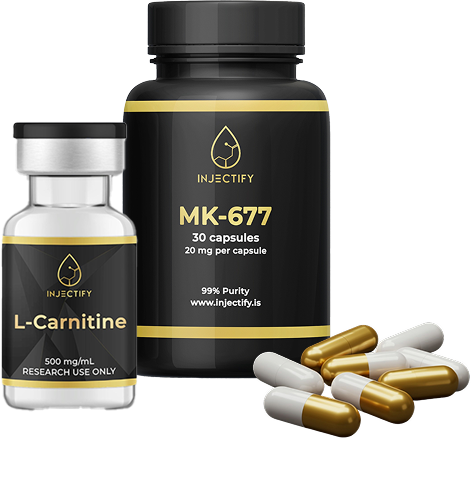Non-alcoholic fatty liver disease (NAFLD) is a common condition among fitness enthusiasts, particularly those with diets high in fats.
Recent studies have highlighted the potential of L-carnitine in managing NAFLD. This post reviews a systematic review and meta-analysis that explores L-carnitine’s efficacy and safety in treating NAFLD.
A systematic review and meta-analysis published in Systematic Reviews included eight randomized controlled trials (RCTs) involving 544 participants. The studies evaluated L-carnitine’s effects on liver function and lipid profiles in NAFLD patients.
L-carnitine was well-tolerated among participants, with few reported side effects. The most common side effects were mild gastrointestinal issues.
L-carnitine shows promise in managing NAFLD by improving liver function and lipid profiles. Its safe and effective use can be a beneficial addition for those struggling with fatty liver conditions. For more details, refer to the full study here.

Trusted top producers of Injectable L-Carnitine in North America.
First time visiting our new-look site? Your account has been successfully migrated. Please reset your password here before logging in, by clicking the ‘Forgot Password’ link below: